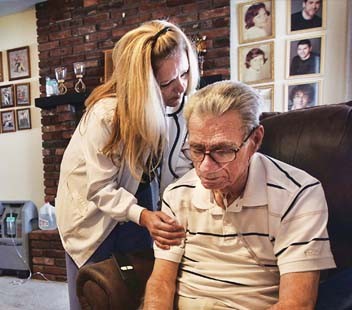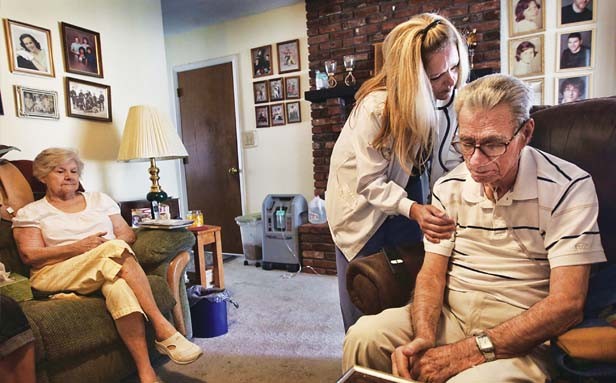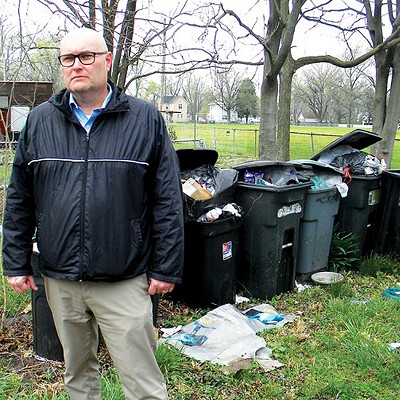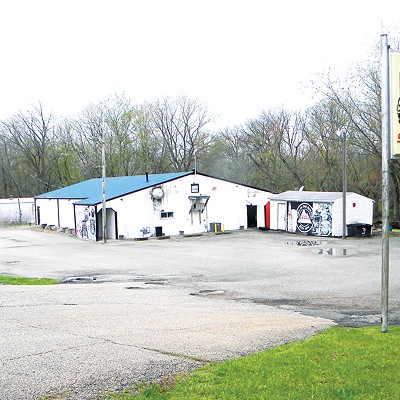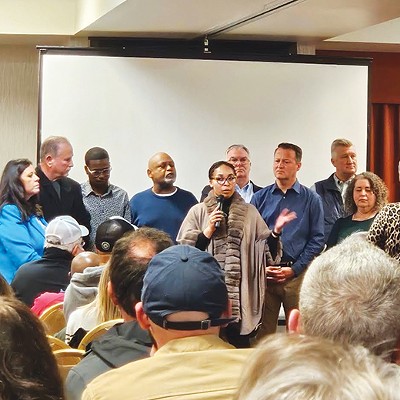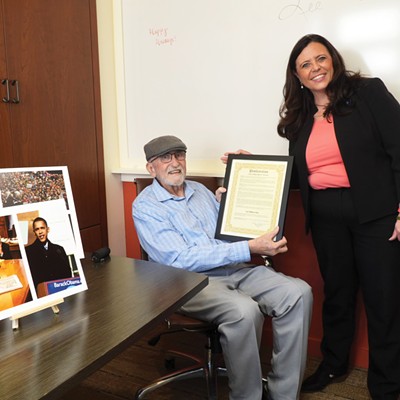TO REST IN PEACE
Congratulations on your Opinion article, “Happier Endings,” (James Krohe Jr., May 23). Nationally, awareness is growing that when a condition is terminal – the best treatment is no treatment or comfort care. We should accept living out our days at home with friends and family rather than in the ICU with tubes, ventilators and very expensive ‘care.’ There are many avenues available including hospice, pain medication, palliative care and other legal options such as voluntarily stopping eating and drinking which, combined with hospice and palliative sedation, can give us death with dignity.
My husband chose these resources and was able to shorten his agony and turmoil. Luckily, we had the insight years ago to draft our end-of-life wishes in an advanced directive, given to our physicians and family.
Additionally, there is a state-by-state initiative going on to allow terminally ill, mentally competent people to have another voluntary option to request and obtain life-ending medication from their physician to achieve a peaceful, dignified death. A majority polled nationwide favored this initiative and, so far, it is legal in Oregon, Washington, Montana and Vermont. Terminally ill people “should be free to decide whether to prolong life as long as possible, or to end their suffering,” according to Barbara Coombs Lee, Compassion & Choices president. This organization offers a great support system that I found very enlightening. Their website is www.compassionandchoices.org.
Dorothy M. DeWeese
Springfield
ILLINOIS, THE REAL MEDICAID STORY
There was a time in my life when I agreed with so many people about individuals on Medicaid and who should be paying. I must have forgotten my past and considered myself better than the people I grew up with. I too believed I paid high taxes. I had no idea what Medicaid was, and I didn’t understand why I had to pay for someone else’s free ride.
Today however, I see mothers and fathers in my community still working two and three jobs with Medicaid or with no health insurance. I see kids growing up like I did, wanting to get out of their neighborhoods to succeed. Do they want to be on Medicaid or state assistance? For the majority the answer is no. Yes, the state of Illinois has a spending problem, and yes, it is a difficult challenge to fix the mess that has been building for years, and yes, it must get fixed quickly. But what about the other issue, the people of Illinois, the hard-working families in my community and communities similar throughout the state? It’s easy to make financial decisions when you can’t see the face of pregnant women, developmentally delayed children, chronically mentally ill adults, and persons with disabilities who cannot care totally for themselves and don’t have anyone to care for them.
Some hospitals don’t want to treat Medicaid recipients because of the relatively little they receive from the state in reimbursement for the costs of treatment. Some hospitals will treat a token handful of Medicaid patients. Hospitals want patients with commercial insurers that reimburse them 100 percent or 122 percent of their costs. Physicians want the same. After paying their malpractice, office staff, rent and other expenses, they cannot afford to treat Medicaid patients. It just doesn’t pay.
The director of Healthcare and Family Services knows this because she has been quoted in the papers as being concerned that physicians are moving away from treating Medicaid patients. Is the system fair? No, and I don’t expect it will ever be. But let’s not forget the human lives we are dealing with. This is not about legislators, the governor, the HFS director, or me. Let’s remember the face behind the issue. This is about families, parents and children living in a country that takes care of others who are less fortunate until they can rise up again. Having Medicaid is not an insurance plan you would expect or desire to have; for those who have it, it is a necessity to live.
Guy A. Medaglia, President and Chief Executive Officer
Saint Anthony Hospital
Chicago

